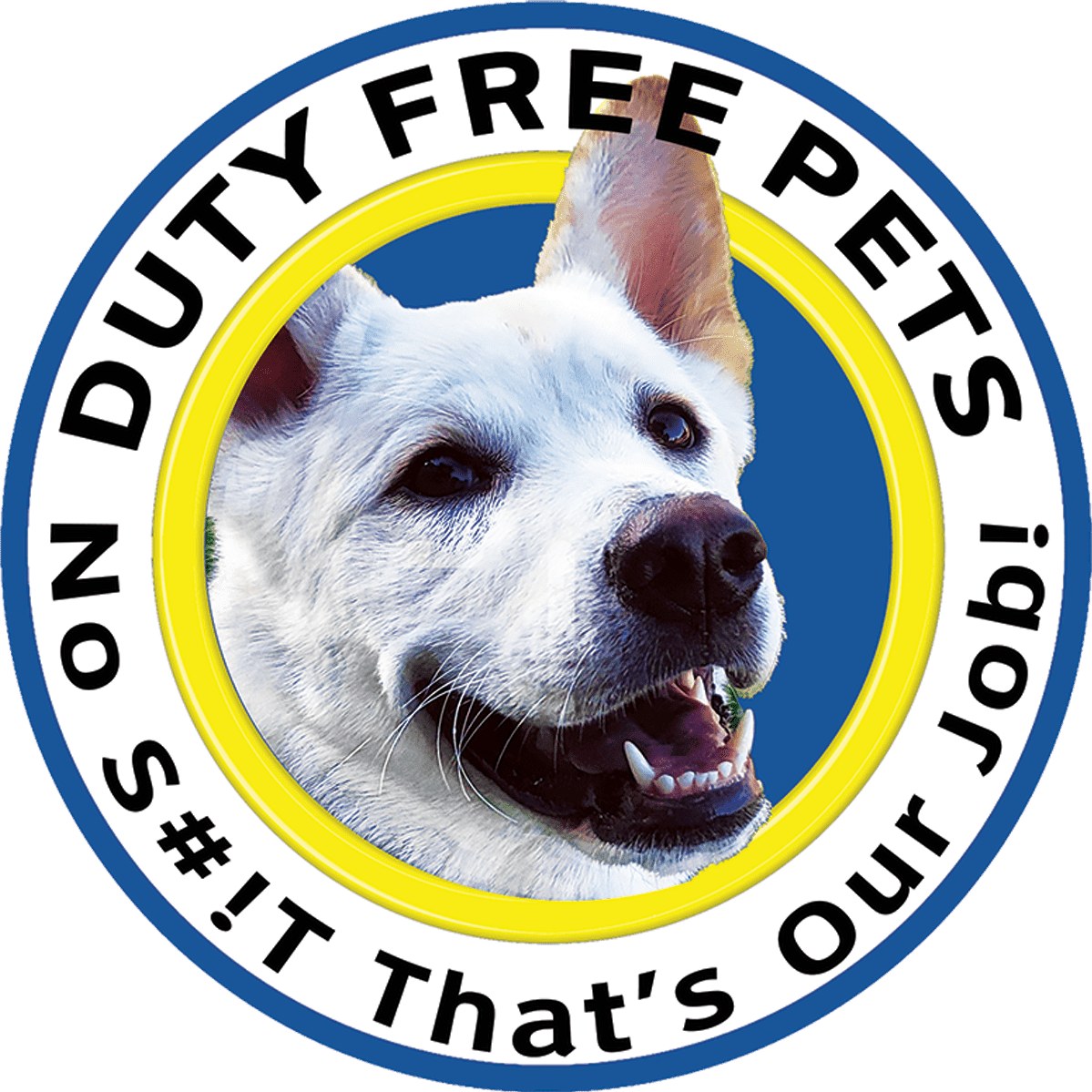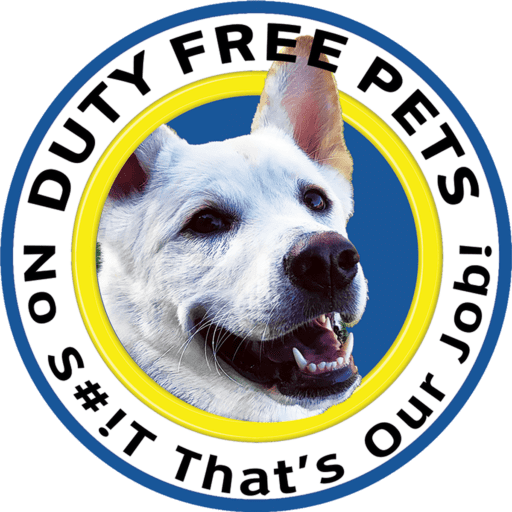Colorado’s Pooper Scooper service in an ongoing effort to help the safety of your fur kids will be posting “10 Household Things That Could Harm / Kill Your Dog.” Please tell friends that you know to follow this discussion. Often there will be things that you knew however, you’re sure to find ones that you don’t. Please
join the discussion and let others know your personal experience with the subject as you might help save a dogs life. There is a place on the Duty Free Pets Facebook page to continue the subject and share pictures of your fur friends.
10 Household Things That Could Harm / Kill Your Dog
1 – Rat & Mouse Poison
Rat & Mouse poison is the number one household killer of dogs and other pets. Please keep this away from all pets. If your dog has consumed this poison or consumed a rodent or bird that was killed with this poison call a vet immediately! If your dog has been poisoned try to bring the poison into the vet when you go for emergency treatment. NO NOT HESITATE OR DELAY! Even if you think your dog is in the clear they can suddenly get worse and die! (learn more here)
2 – Ibuprofen
The most common cause of ibuprofen toxicity is a well-meaning owner trying to alleviate pain in his dog who administers a dose he thinks is adequate without knowing the toxic dose. If your dog got into the ibuprofen or was over administered please remember there is no home care for ibuprofen toxicity! Veterinary care is strongly suggested to treat kidney failure and bleeding stomach ulcers. (learn more here)
3 – Chocolate!
Chocolate is the third most common cause of poisoning in dogs.
What makes chocolate toxic, anyway? Chocolate is made from the fruit (beans) of the cacao tree. Theobromine, a component of chocolate, is a toxic compound in chocolate. Caffeine is also present in chocolate and a toxic component, but in much smaller amounts than Theobromine. Both Theobromine and Caffeine are members of a drug class called Methylxanines. (learn more here)
4 – Coffee
Don’t let your fur kid die from your coffee habit! When dogs ingest coffee, clinical signs of hyperactivity, restlessness, vomiting, an elevated heart rate, hypertension (elevated blood pressure), abnormal heart rhythms, tremors, hyperthermia (elevated body temperature), seizures, collapse and death may be seen. Decaffeinated coffee is surprisingly more toxic to dogs than the caffeinated variety.A few drops of coffee will not harm your dog, but coffee should not be given to them in excess on a daily basis. (learn more here)
5 – Bones
What What!? Bones are bad for dogs? I know this sounds pretty silly but it is true so I have heard. Most of us know that small bones and cooked bones are dog hazards and cause lots of problems but check out what the FDA has to say about giving your dog bones in their article “No Bones About It: Bones Are Unsafe for Your Dog”
6 – Moth Balls
Moth balls consist essentially of deodorant and pesticide. The pesticide sublimates into a vapor, producing the characteristic sickly-sweet smell of mothballs. This smell can entice pets to give a little taste. The taste is sweet, so consumption of large quantities is likely… and deadly! The sooner they can be treated, the more likely any damage can be reduced. (learn more here)
7 – Mold and Moldy Foods
Ingestion of moldy food from the garbage or a compost pile puts dogs, cats, and even wildlife at risk for toxicity due to tremorgenic mycotoxins. These toxins may be found in moldy bread, pasta, cheese, nuts, or other decaying matter like compost. (learn more here)
8 – Plastic Wrap
Plastic wrap can cause choking or intestinal obstruction. Pets will eat plastic wrap trying to get the food contents.If you suspect your dog is choking or suffering from intestinal obstruction seek veterinary help immediately!
Signs of intestinal obstruction include vomiting, a subsequent loss of fluids, including gastric secretions rich in hydrochloric acid, as well as possible dehydration, sluggishness, and weight loss, depending on the severity of the condition. (learn more here)
9 – Yeast Dough
Unbaked yeast dough can be poisonous to dogs. When ingested, the unbaked bread dough expands in the warm, moist environment of the stomach and can result in a bloated stomach (called “bloat”); this can then progress to a gastric-dilitation volvulus (GDV), which is a twisted stomach. (learn more here)
10 – Candy & Gum
Candy and gum often contain Xylitol, a sugar alcohol — an artificial sweetener created from birch, raspberries, plums and corn. This sweetener is found in many human “sugar free” products, such as gum, candies and other sweets. In humans, high doses may have a mild laxative effect, but in dogs, ingestion could be fatal. Please read more to find out symptoms and what to do in case of poisoning! (learn more here)
 Please forward this on to your friends or share us on Facebook. Every week we will ad 10 new items and try to help explain how by avoiding them your little fur kid can live a happy, safe, and long life.
Please forward this on to your friends or share us on Facebook. Every week we will ad 10 new items and try to help explain how by avoiding them your little fur kid can live a happy, safe, and long life.
DFP Pooper Scooper Service is a Colorado Company dedicated to helping provide you with the tools to help your fur friends live longer, safer, happier lives.

